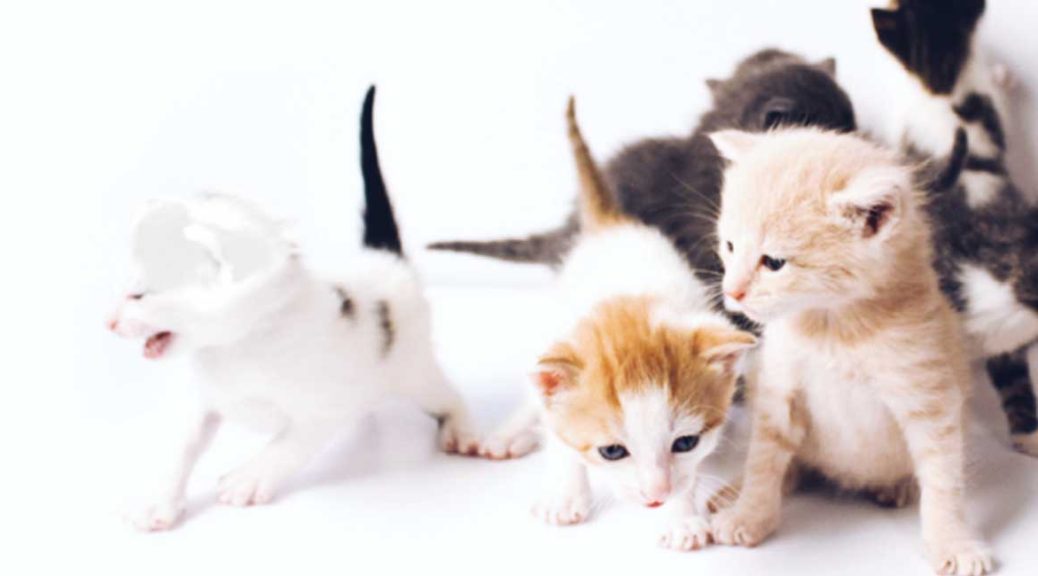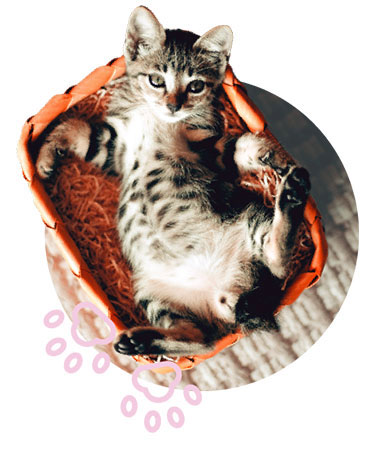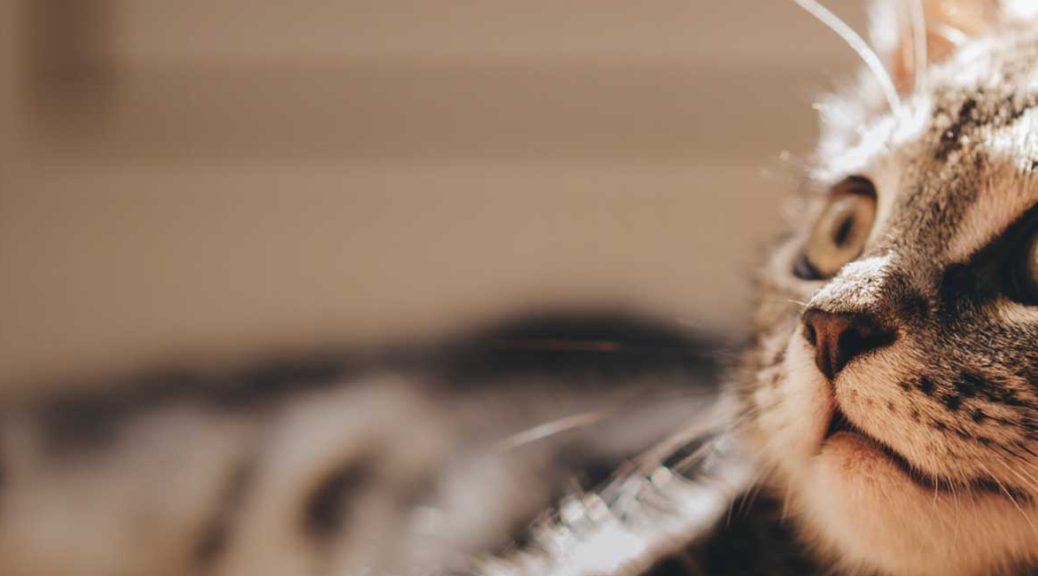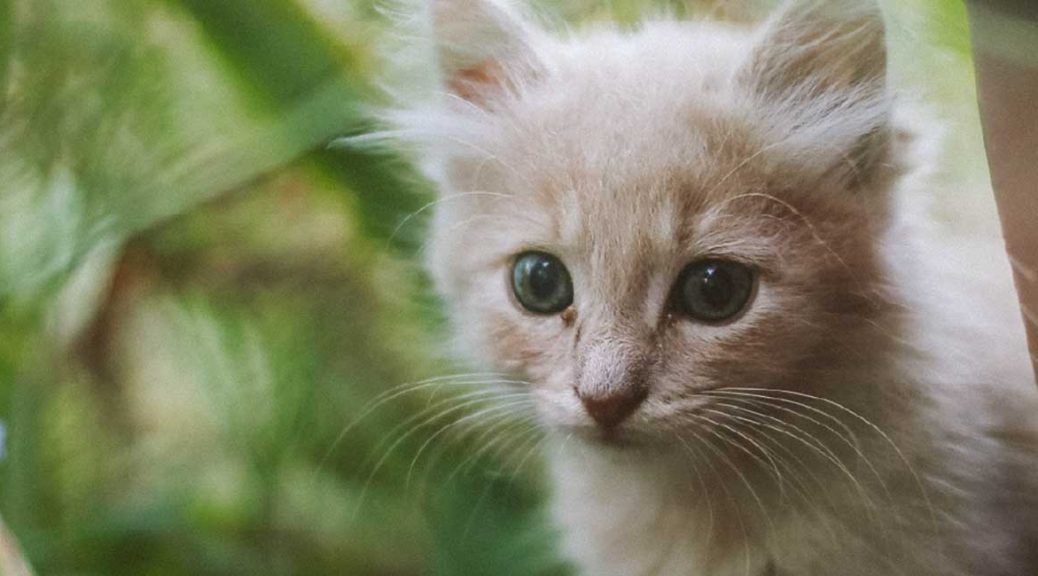As the new year approaches, it’s a good time to make resolutions and set new goals
It’s also a great time to make sure your pet is ready for the year ahead. We’ve made a helpful list to ensure your pet is all set for 2024.

1. Does your pet have a tag with your current info? If your pet gets lost, a tag with your details increases the chances of them being returned to you safely.
2. Is your pet microchipped? A microchip helps identify your pet and reunites you if they are found without a tag.
3. Is your pet registered with the council? Registering your pet helps support community initiatives and makes it easier to locate you if your pet goes missing.
4. Have you booked an annual wellness check? Regular checkups catch health issues early, even if your pet seems fine.
5. Have you started a flea and worm treatment schedule? Keeping your pet free from fleas and worms is vital for their health
6. Have you booked annual vaccinations? Regular vaccinations keep your pet healthy and should align with their wellness check.
7. Have you joined Best for Pet? Best For Pet is designed to provide your pet’s core and preventative healthcare needs for twelve months at a low fixed price.
Give the gift of wellness
Best For Pet is designed to provide your pet’s core and preventative healthcare needs for twelve months at a low fixed price.
A membership allows cat and dog owners to spread your pet’s core healthcare costs into affordable monthly payments and make great savings in doing so!

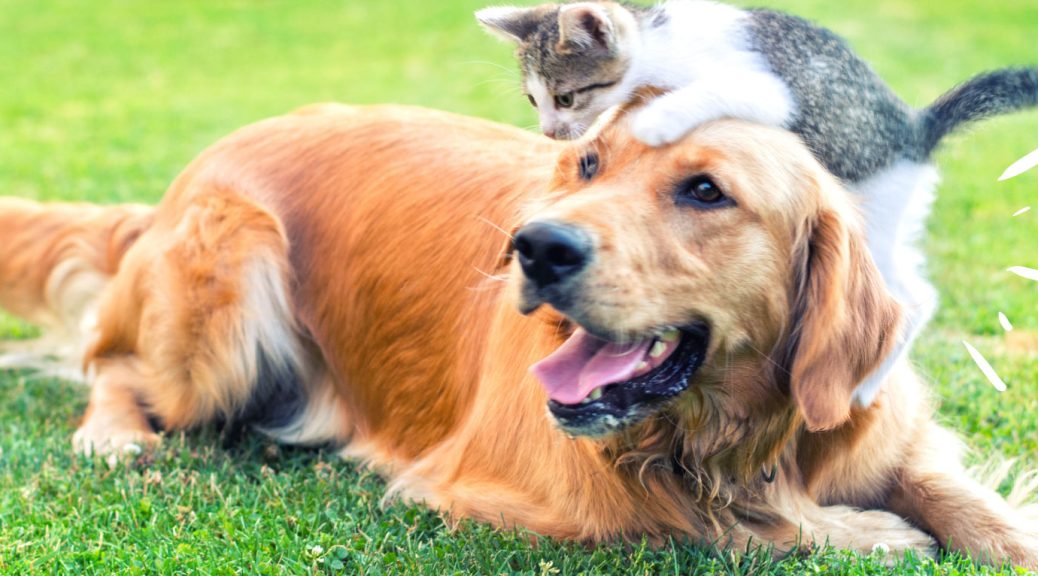

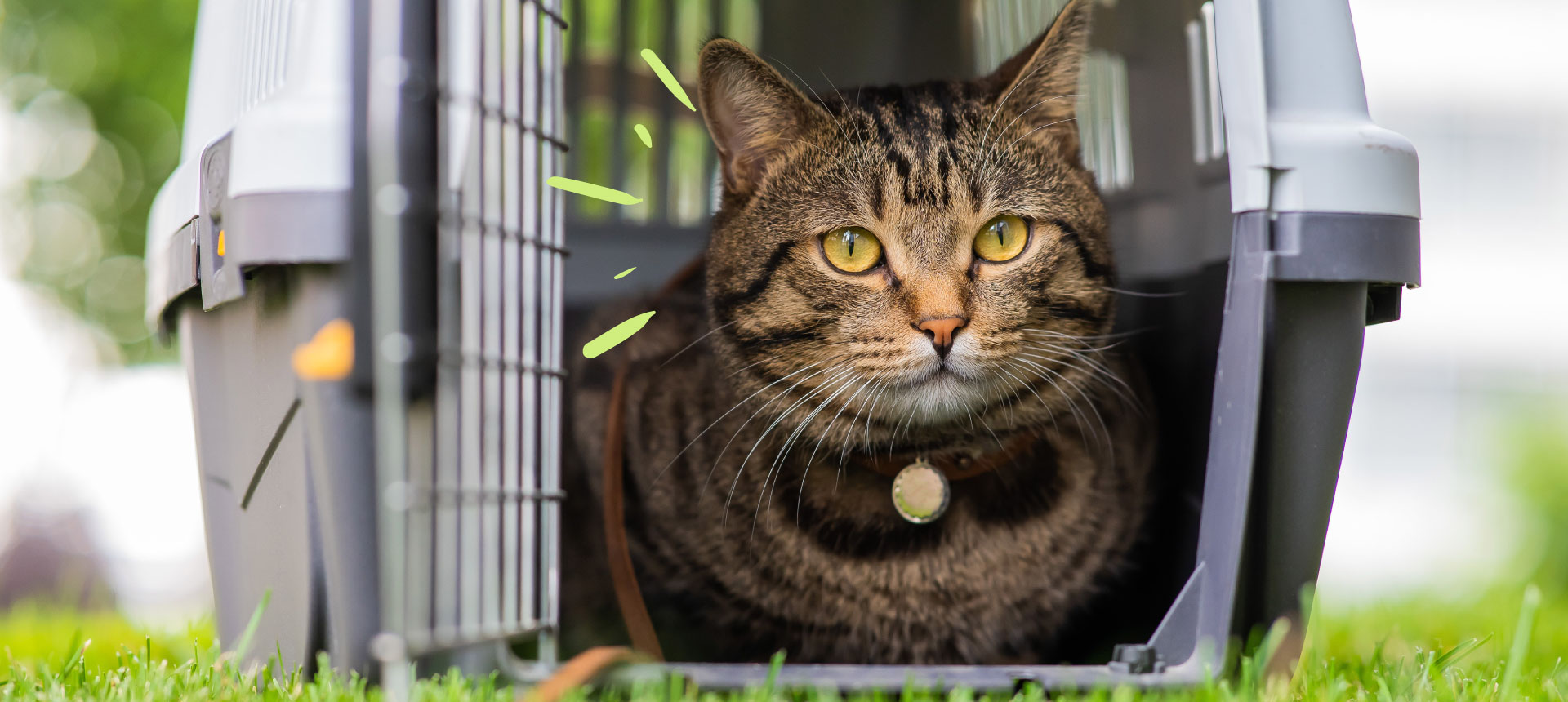
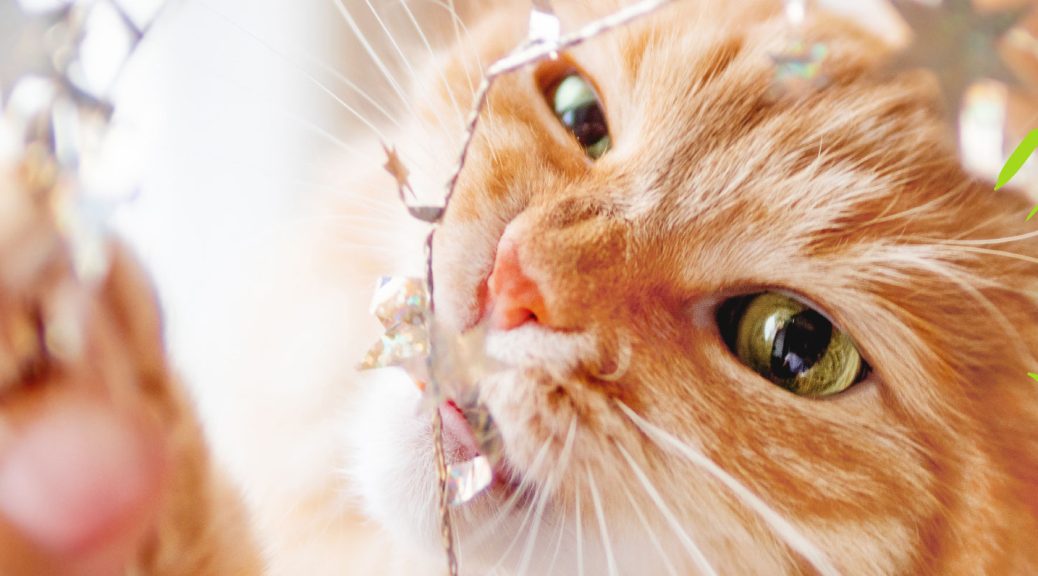

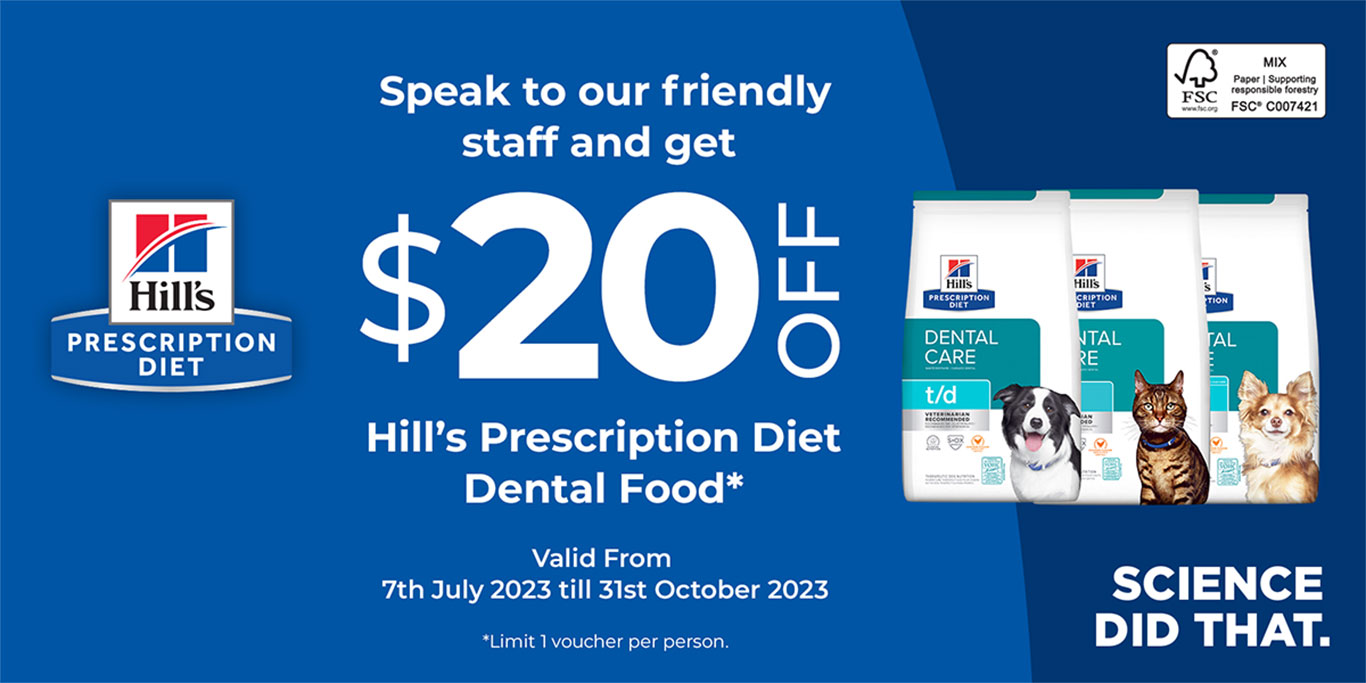

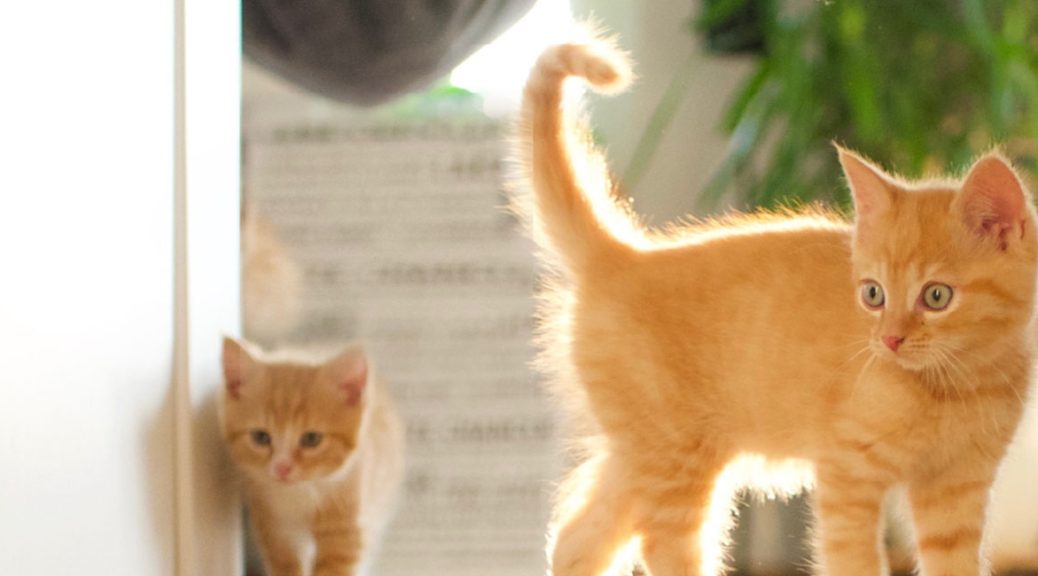





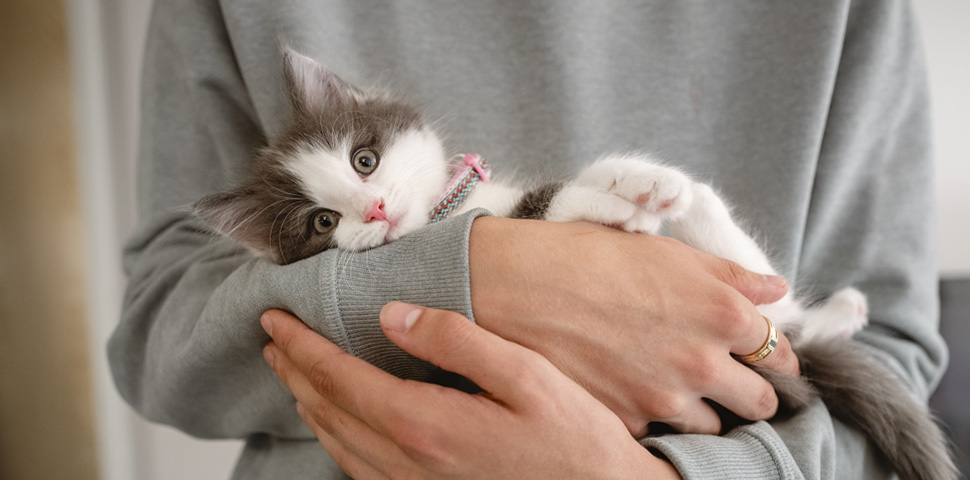

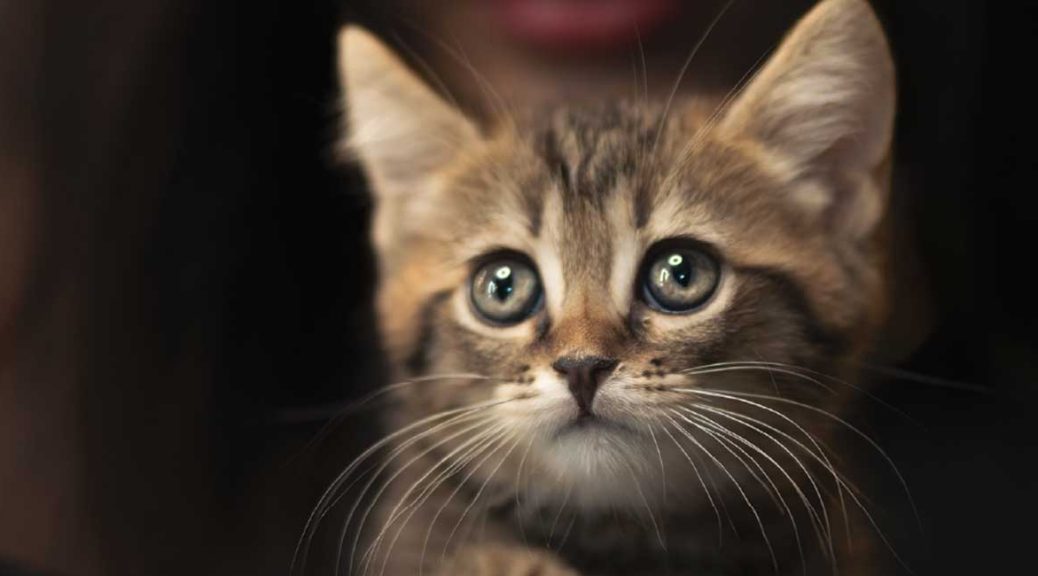


 Member Advantage
Member Advantage

